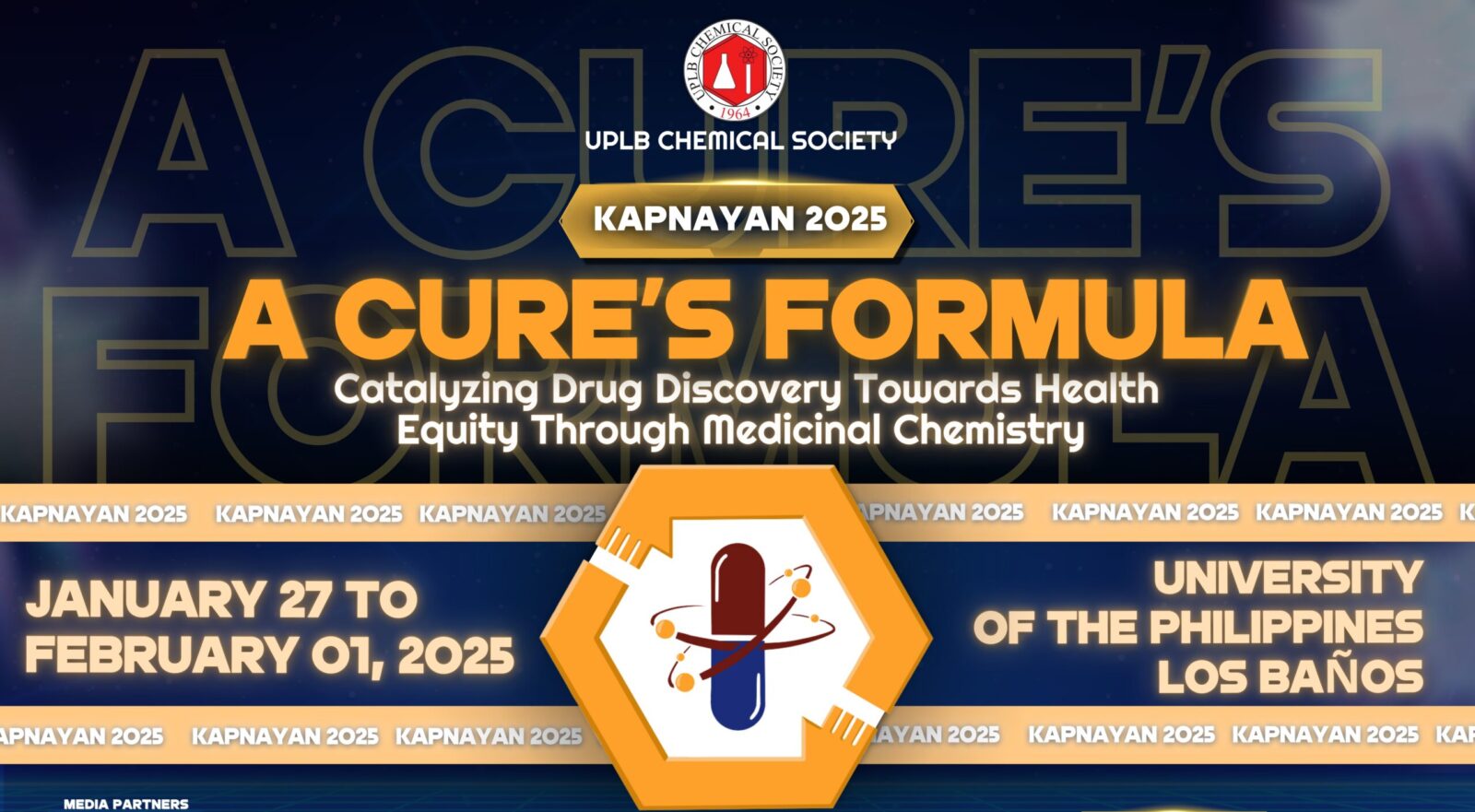
Doctors Without Borders/Médecins Sans Frontières (MSF) has started providing tuberculosis (TB) medications for 141 patients in Tondo, Manila — an effort to support the Manila Health Department (MHD), which has been struggling with drug shortages over the past year. This will enable patients whose treatment has been pending for several months to finally start taking their medication. This will also help patients who started but were unable to complete their treatment because medication stocks were not enough for the completion of the treatment duration.
TB drug shortage
Since January 2024, over 300 patients have been diagnosed with TB through the active case-finding activities of Doctors Without Borders in Tondo, Manila. While some patients were able to start treatment, many others were unable to start treatment due to the unavailability of TB drugs. In addition, a number of patients who started treatment were unable to continue the treatment until completion due to the shortages of drugs for the continuation phase. This is due to the recurrent drug shortage at the local health centers, as well as the patients’ economic difficulties in purchasing TB drugs themselves. Members of the community have even refused to attend the screening activities at the active case-finding activities organized by Doctors Without Borders, fearing the impact of the drug shortage should they be diagnosed with TB.
“Today, we are relieved we could support the Manila Health Department and health facilities in Tondo with a donation of 54,720 tablets of TB drugs,” says Ghazali Babiker, Head of Mission for Doctors Without Borders in the Philippines. “Over 100 patients who have known about their TB positive status and who have been anxiously waiting for several months, will be able to receive much-needed treatment. However, this is a temporary solution, which cannot become the norm as disruptions in TB drug procurement are preventable. With international efforts to eliminate TB ongoing globally, we need strong political commitment from heads of states and civil society to participate in this effort, including from the Philippines.”
Ongoing TB case-finding activities
Since 2022, Doctors Without Borders has been running case-finding activities in districts 1 and 2 of Tondo, Manila, in collaboration with MHD and the City of Manila’s TB Prevention and Control Office. This project makes TB screening accessible and available near the areas where Tondo residents live and work. The active case-finding project of Doctors Without Borders includes screening through x-ray, computer-aided diagnosis, medical evaluation, and sputum collection.
Doctors Without Borders also handles disclosure of diagnosis; initiation of treatment to regular follow-ups and home visits to ensure adherence to treatment regimen; identifying close contacts of patients and encouraging them to pursue screening; examination of children in the patient’s household to assess their eligibility for preventive treatment; and provision of drugs for the preventive treatment of children. To date, 340 children have been started on preventive treatment.
Proper diagnosis and treatment, especially in line with updated recommendations from the World Health Organization (WHO), are key to eliminating TB, but these cannot be achieved without the sufficient and timely supply of drugs. Doctors Without Borders strongly urges all stakeholders involved in TB care in the Philippines to find durable solutions to tackle the issue of drug shortage in the country.
TB: an urgent and deadly problem
The shortage is not limited to drugs for the treatment of TB. There is also a delay in the provision of preventive treatment, due to a shortage of the tuberculin skin test (TST) needed to test some children prior to initiating preventative treatment, and the lack of child-friendly fixed dose dispersible tablets (FDC) used for preventive treatment for children who are exposed to TB patients.
TB is one of the world’s deadliest infectious diseases, and the Philippines is among the top ten countries in the world with the highest TB burden. Tondo is one of the country’s most densely populated areas, with approximately 76,000 inhabitants per square kilometer. To date, Doctors Without Borders has screened 29,291 people and diagnosed 1,280 patients with TB. These findings translate to an average positivity rate of 4.3%, which is higher than the 3% national TB positivity rate in the Philippines.—Press release from Doctors Without Borders/MF






